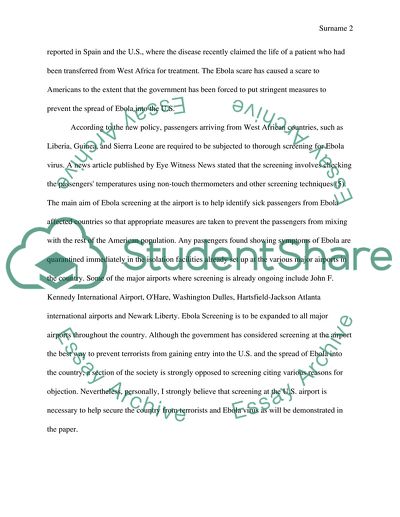Cite this document
(“Airport screening Essay Example | Topics and Well Written Essays - 2250 words”, n.d.)
Retrieved from https://studentshare.org/english/1669100-airport-screening
Retrieved from https://studentshare.org/english/1669100-airport-screening
(Airport Screening Essay Example | Topics and Well Written Essays - 2250 Words)
https://studentshare.org/english/1669100-airport-screening.
https://studentshare.org/english/1669100-airport-screening.
“Airport Screening Essay Example | Topics and Well Written Essays - 2250 Words”, n.d. https://studentshare.org/english/1669100-airport-screening.


